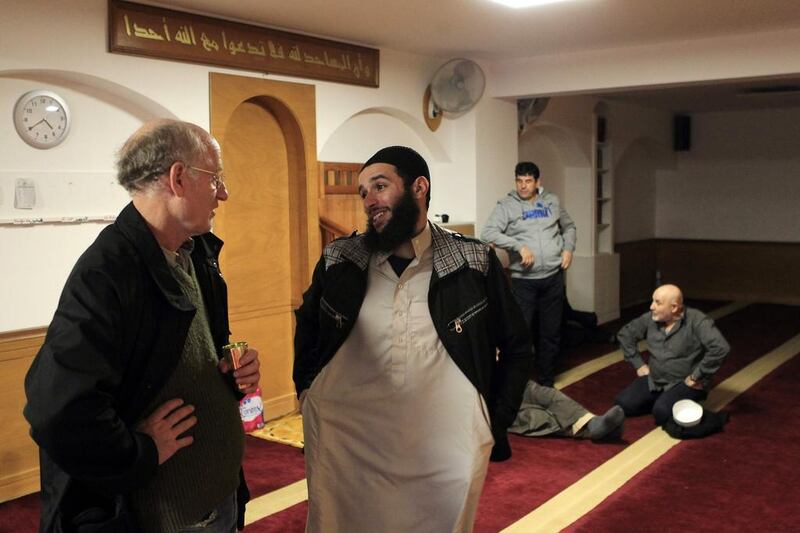The initiative by hundreds of French mosques to hold open days aimed at allowing the public to see how Muslims worship is a smart way to demystify the faith. Since the attacks last year against the satirical magazine Charlie Hebdo, Islamophobic attacks have surged and the Muslim community in France is reaching out.
It’s a positive step. Most of the information that Europeans and Americans gain about Islam comes from media reports that are either deliberately biased or skewed towards the sensational. The daily worship of millions of Muslims, like that of millions of Christians, is large invisible.
Elsewhere in France, another attempt at demystification is continuing. A French woman called Sophie Kasiki has written a book, In the Night of Daesh, that details her conversion to Islam (she was raised Catholic), and how she left her husband in Paris and took their three-year-old son to Syria to join ISIL.
On reaching Raqqa and witnessing the horror of daily life under ISIL, she realised she had made “a monumental mistake, the worst of my life” and sought a way back. Eventually a Syrian family risked their lives to get her across the Turkish border. Back in France, she wrote about her experiences, hoping to persuade others not to follow in her footsteps.
Kasiki’s voice is important, because she is not an anomaly. Estimates of the number of French women who have joined ISIL vary, from around 200 to up to 1,000. Many come from Muslim backgrounds, but there have also been Christian and Jewish women who have gone to Syria. It is essential that they hear the stories of what life is like under the cultish iron rule of ISIL – a world far away from the dreams of a “caliphate” portrayed by the group’s slick propaganda. Only by removing the myth that ISIL has built around itself can we stop young men and women from going – because once they have left, it is usually too late, and few make it back.
Demystifying both the reality of Islam and the fiction of ISIL is important work, and more urgent than ever.





